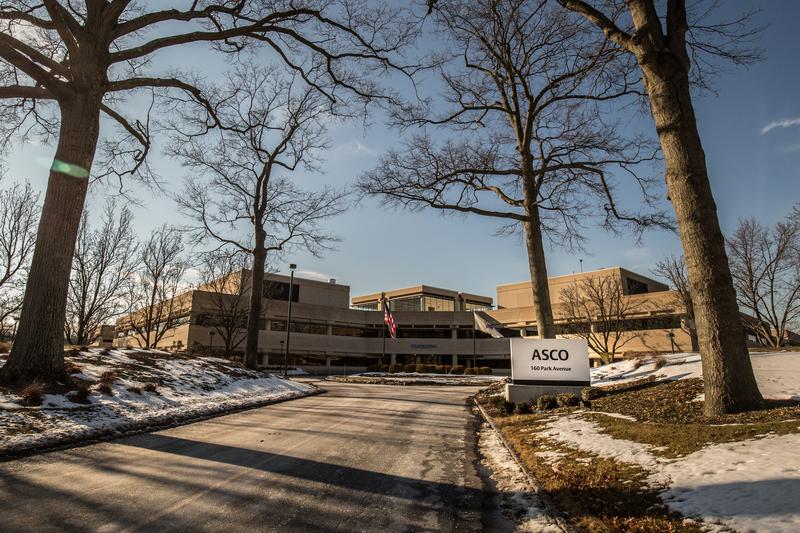
Gov. Phil Murphy arrived at his new job this week to an IOU from his predecessor: Chris Christie gave away $8.3 billion worth of future tax revenue to hundreds of businesses in New Jersey.
The centerpiece of Christie's economic policy was a generous tax incentive program that was intended to provide subsidies to companies if they moved their operations to New Jersey. But during his eight years as governor, Christie expanded that program to include businesses that were threatening to leave or wanted to move from one New Jersey town to another.
"A few years into his tenure, the governor decided to really blow the roof off of the state's corporate tax subsidy program," said Jon Whiten, vice-president of New Jersey Policy Perspective. "Any sort of spending cap was thrown out the window. They made programs more and more generous to corporations that were being asked to do less and less."
Whiten says it didn't cost Christie much — because the bulk of the tax revenue wouldn't be affected until after he left office.
Hundreds of companies participated in the program, which which will continue to cost the state money for decades. Lockheed Martin Corporation, Burlington Coat Factory, Honeywell International Inc., United Parcel Service, Panasonic and Prudential are just a few from a long list.
In 2012, Christie batted away media concerns about the growing number of tax giveaways, and insisted that companies would deliver on their promises of new jobs because they’d lose their tax breaks if they didn’t.
Christie told reporters that the tax breaks were important to people who lived in New Jersey. "Who's able to support their family, able to pay their mortgage, able to put food on the table. That’s the context in which it should be judged."
It was at the same time that Christie launched the New Jersey Comeback. It was his signature issue in 2012 — a campaign to tout his success stabilizing the state’s economy after the 2009 recession.
He ran TV ads, made appearances around the state and talked about the "New Jersey Comeback" in his state of the state address.
But the state had the second worst foreclosure numbers in the country and was lagging behind other northeast neighbors in job growth. So, inevitably, Christie was asked by reporters whether standing in front of a banner calling it the New Jersey comeback was a bit optimistic.
"Remember what the sign said, Michael, 'The New Jersey comeback has begun.' It is not finished," he said.
For the most part, the business community is happy with Christie's record. Tom Bracken, president of the statewide Chamber of Commerce, says criticism of the tax incentives is unfair.
"We would have been very un-competitive and we would have lost businesses to other states and wouldn’t have been able to attract business from other states," Bracken said. "We had no option."
Bracken says Christie's economic policy included much more than just tax breaks. His lieutenant governor, Kim Guadagno, was an ambassador to small business people, helping them with red tape. Christie also vetoed more bills than any other governor, including those that were considered anti-business, such as a bill that would have raised the minimum wage.
Raising the minimum wage is something Murphy has promised to do as governor. Murphy took office on Tuesday, promising to revive New Jersey’s economy with a focus on creating the kind of resources that attract 21st century business.
"When you look at why GE went to Boston, did they get a good tax package? Yeah, taxes was on the list. But my criticism of this administration is that’s the only thing that’s on the list," he told a group of voters in West Orange during the campaign.
Murphy says his economic growth policies will focus instead on improving higher education and the state’s transportation infrastructure, and creating more partnerships between tech companies and colleges in the state.
"A stronger and fairer New Jersey creates tools for small businesses and women, veteran, and minority-owned businesses to thrive," Murphy said Tuesday in his inauguration speech, "instead of delivering massive tax breaks to a handful of select and connected big corporations that don’t need them in the first place."
Yet Murphy has inherited the mother-lode of all corporate incentives: Christie signed a bill just before leaving office that promises Amazon $5 billion in tax breaks if it will choose to build its second headquarters in New Jersey.
